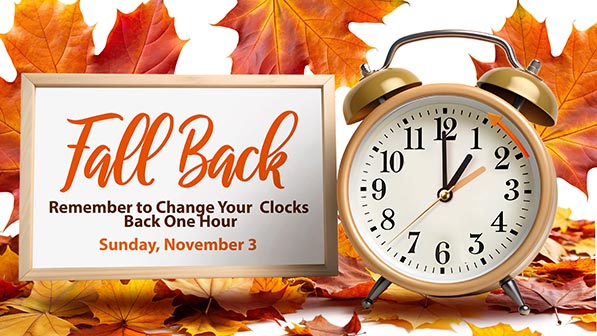Enjoy that extra hour of sleep this weekend! At 2 a.m. on Sunday, November 3, the clock “falls back” one hour as daylight saving time ends. However, this means employers with employees who work the graveyard shift will need to make sure they pay their employees correctly — as the time change means potential trouble calculating those employees’ hours worked.
For example, a common graveyard shift starts at 11 p.m. and finishes at 7:30 a.m., for a total of eight work hours plus a half-hour lunch. This Sunday, though, the same shift would result in nine hours worked plus a half-hour lunch.
Unless an employer uses an automated time clock that adjusts for daylight saving time changes, employees may not be paid correctly. Employees must be paid for actual hours worked, regardless of what the time clock or time card reflects.
If daylight saving time results in employees working a nine-hour shift, they must be paid for nine hours, which means the employee may be owed overtime. In California, overtime is owed if all hours worked in a “workday” day exceed eight.
Calculating whether overtime is owed involves looking at how your company defines a workday and then determining if more than eight hours were worked. Also, remember that weekly overtime is owed for all hours worked beyond 40 straight-time hours in a workweek; look at how your company defines a “workweek.”
Employers also have another option — adjust those workers schedules this weekend to either begin work one hour later on Saturday or end work one hour earlier on Sunday. Overnight workers would then work an eight-hour shift with the time change.
Enjoy that extra hour on Sunday, November 3!
Katie Culliton, Editor, CalChamber
CalChamber members can get detailed information on daylight saving time and overtime pay in the HR Library. Not a CalChamber member? Learn more about how HRCalifornia can help you.
